
Our Community
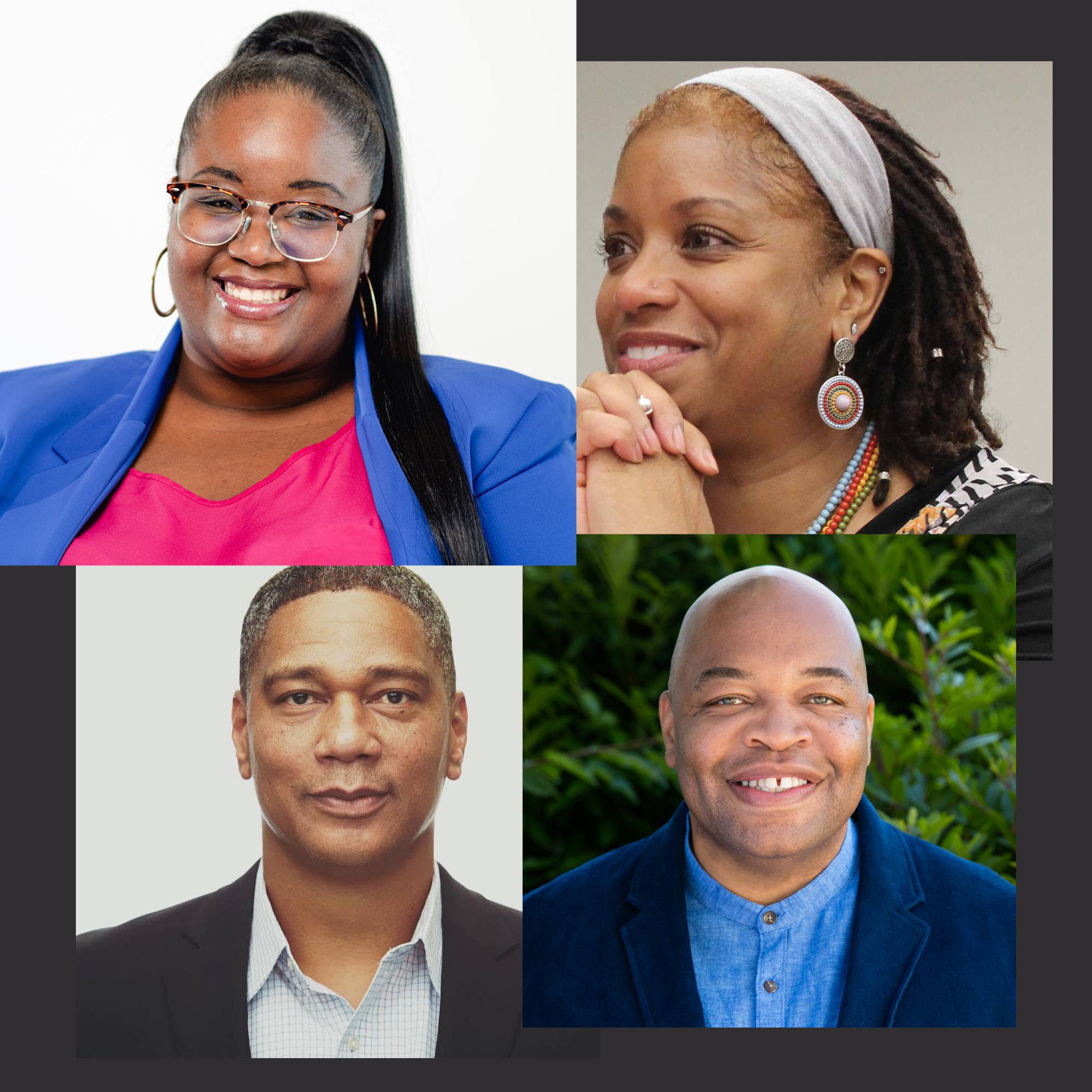
“A large majority of philanthropy dollars go to white-led organizations. That’s a lot of money that’s not coming to Black-led organizations. There are folks who are doing direct service to our communities and we need dollars in their hands so that we can actually see a shift in our world.”
— Ty-Licia Hooker, Executive Director, BOOST! West Oakland
The call to action resounded from our inaugural Tides Talk panel, Advancing Black Collective Power and Equity. To truly upend anti-Blackness and the violent legacy of systemic white privilege, we must prioritize and trust the leadership and expertise of those directly impacted—Black-led organizations and those who serve Black communities.
As we continue our journey in dismantling systemic racism, which leads to racial bias and discriminatory practices, Tides recognizes that we still have a lot of our own work to do. One step we’ve taken is working to center our Black social change leaders, uplifting their wealth of expertise, listening to their stories, and learning from their experience.
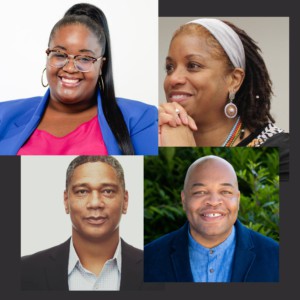
In March, Tides hosted an inaugural Tides Talk panel, Advancing Black Collective Power and Equity, to hear from four transformational leaders about what was needed to advance racial equity and healing and how they’re navigating challenges within the nonprofit world. They are leaders of fiscally sponsored projects at Tides Center.
The panel was moderated by Sonya Watson, senior advisor at Tides Advocacy and guided by Charnelle Etti, Social Ventures advisor and Victoria Nichols, program manager at Tides.
These social change leaders spoke through the lens of their current work and their own lived experiences, the latter reflecting visible impacts of systemic harms but also the importance and necessity of community-led solutions as a means to dismantle them. These are only a few of the many critical insights they shared with us.
On Leadership Training and Composition
Dr. Sonia: The work is really looking at leadership development from a racial equity lens. It’s never a one-size-fits-all—people are coming into this with different levels of understanding of how these systems disable us. We are having deep conversations in our learning communities and with our nonprofit clients to evaluate the systemic changes that need to happen culturally within an organization and with individuals.
Erwin: You have to have the right leaders if you really want to center racial justice and racial equity. The body of people within the organization have to be committed to having a just workplace and a just world overall. For people of color leading this work, it becomes even more challenging because we bump up against people leveraging their white privilege to deter us from advancing racial justice and racial equity. We have to push our leaders and not be afraid to speak truth to power.
Kenyatta: Who knows better what people need than those with specific lived experience? I have worked with organizations that have leadership who have never been formerly incarcerated but they want to run a reentry department. To truly elevate people’s voices, you have to trust that they know what is best for them.
Actions Leaders Can Take, Within and Beyond an Organization’s Walls
Ty-Licia: At an organizational level, a lot of the work that leaders can take on are centered around developing programs that literally disrupt systems that are holding marginalized people back. You have to dig deep to create inclusive conditions. Each individual has the ability to challenge and change systemic inequities that existed long before this year. We must put this into practice. Trust is really the way we center healing to advance Black-led organizations.
Erwin: The most valuable resource I’ve used is my fellow Tidsters. The framework I use is ‘Awake to Woke to Work’—it goes from the board to learning level and has been a good guide for me. However, the greatest tool any organization can use is the people —the people you’re working with everyday can be an engine and a catalyst for advancing racial justice and equity.
Kenyatta: As leaders of our own organizations, we need to be intentional about calling out [racism] when we see it. We have to look at how crime is racialized and how the media plays a role in that, especially fear-based narratives. For example, we had the narrative on the War on Drugs and today we have the opioid epidemic, but it’s something different. The ways that these narratives are created, and the people who are involved in all of this—the racism that drives all this needs to be changed. How can we change that narrative and be more truth telling?
What Philanthropy Can Do
Dr. Sonia: Racism comes into play when we talk about who is leading organizations and what organizations are receiving the lion’s share of the funding. There has to be a collective solution with people taking personal responsibilities. You can’t ask the people who have been disenfranchised for centuries in this country to solve white supremacy and white supremacist ideology.
Ty-Licia: Once you examine your own personal bias, then you can look at organizational practices that you’re upholding. For example, I went to an event in San Francisco, a group for women to come together and review proposals, and they told me my name disqualified me from any applications. I think we really need to change the way the philanthropy world works. How do we take every single policy we have and how do we create it to be more equitable and more just? We also have to work on centering racial equity, which must include racial healing.
In light of the existing systemic inequities in philanthropy, more recent events related to COVID-19, and increasing anti-Black and AAPI violence, we witnessed movements such as Black Lives Matter reaching global prominence due to the pervasive nature and racist history of police brutality. As Black-led organizations continue to confront the dualities of systemic racism and COVID-19, we are reminded of the need to not only uplift their wisdom, but to be proactive in following their lead, from an individual and organizational level. In Dr. Sonia’s words:
“2020 has brought us to a place where you cannot negate what is going on in this country, from historical systems of racism to inequality and anti-Blackness. You can’t. This gives you an opportunity to say ‘What can I do?’ Support us, you don’t need to start something new. Support what we’re doing. Come to our organizations and say ‘How can I help?’ The opportunities are there. As Ty-Licia said, ‘You can give treasure or talent.’ The opportunities have been laid out in front of us, in real time, on TV and on our smartphones. Get involved, don’t sit back.”

Ty-Licia Hooker
A social entrepreneur, advocate and nationally recognized leader, Ty-Licia Hooker serves as the executive director of Boost! West Oakland, a volunteer-staffed tutoring program serving children in Oakland, and uses education as a tool for healing and liberation.
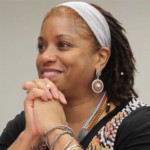
Dr. Sonia BasSheva Manjon, PhD
A transformative learning and human systems expert and a tenured executive with decades of experience in higher education, nonprofits, and government, Dr. Sonia Bassheva Manjon is currently executive director of Leaderspring, which has trained over 500 leaders in 21st century leadership competencies, including racial equity and inclusion.
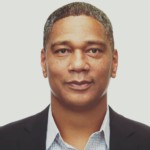
Kenyatta Leal
A founding member of a revolutionary program The Last Mile at San Quentin State Prison in California, Kenyatta Leal is the reentry director for Next Chapter, an apprenticeship program through Slack that is helping formerly incarcerated individuals find work and success in tech.
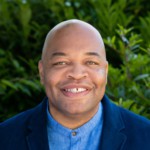
Erwin L. Acox, Jr.
As a JEDI practitioner, expert in cultural transformation and fostering human-centered work environments where employees and organizations can both thrive, Erwin L. Acox, Jr. leads Tides’ newly launched office of Justice, Equity, Diversity & Inclusion (JEDI), to advance the entire Tides community in its commitment to racial justice, shared prosperity and social justice.

Read the stories and hear the voices of social change leaders fighting for justice.